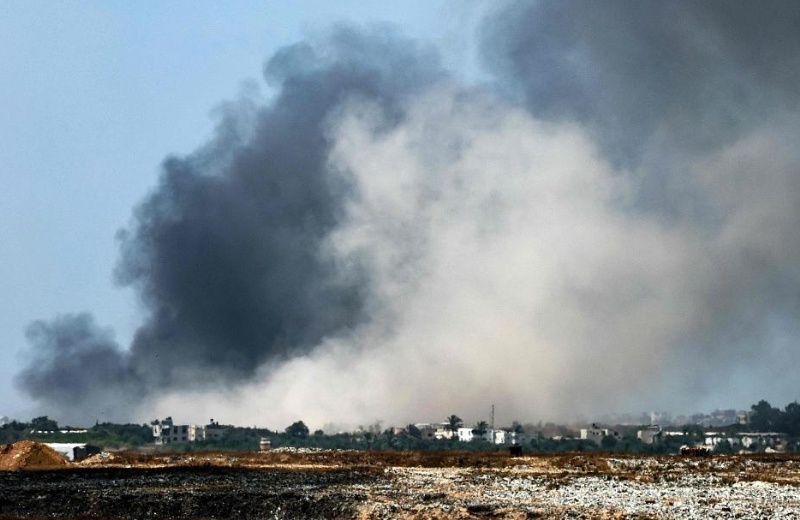Israel launched airstrikes on Qatar’s capital Doha on the evening of the 9th, targeting Hamas’ political leadership operating in the city. Residents reported hearing explosions in multiple locations and seeing flashes of fire. Hamas stated that several senior members survived, but a number of cadres and one Qatari security officer were killed. This operation marks the first time Israeli military actions have reached the heart of a Gulf nation, shocking Qatar—a longstanding mediator—and immediately triggering strong international reactions.
Military Escalation, Negotiations in Crisis
Sources indicate that at the time of the attack, Hamas was engaged in closed-door discussions regarding a U.S.-proposed ceasefire plan for Gaza. Concerns have been raised that this move could severely undermine ongoing negotiation efforts. The Qatari government strongly condemned Israel’s “flagrant violation of sovereignty” and has summoned Israeli diplomatic representatives to lodge a protest.
The Israeli government insists the operation was a “necessary self-defense measure” targeting “key figures” recently involved in planning attacks against Israel. However, analysts note this action not only escalates military operations but could also shatter the already fragile diplomatic mediation. Notably, Qatar has long served as a key mediator between Hamas and Israel, and this attack will inevitably undermine its mediation capabilities and international credibility. While the White House stated it had prior intelligence about the operation, it emphasized no involvement in the decision-making process. The U.S. President expressed “regret” over the incident and warned it could jeopardize the ceasefire process.

International Condemnation Grows, Regional Tensions Rise
Following the incident, the international community responded swiftly. Gulf nations including Saudi Arabia, the United Arab Emirates, and Jordan collectively condemned Israel’s violation of allied territory. Multiple EU countries and British politicians also expressed concern, stating the attack violated international law and could trigger a new round of regional conflict. The UN Secretary-General called on all parties to exercise restraint, emphasizing the imperative to protect civilian lives and humanitarian aid channels.
As a vital diplomatic hub in the Middle East, Qatar has consistently provided a crucial platform for hostage exchanges and ceasefire arrangements in the Israeli-Palestinian conflict. Analysts note that if Qatar is deemed “no longer safe,” future dialogue and exchange mechanisms could collapse, further exacerbating the humanitarian crisis in Gaza. Humanitarian organizations warn that the transport of relief supplies and evacuation routes for civilians may be disrupted due to the deteriorating situation.
Currently, Doha authorities have heightened security citywide and launched an investigation. Hamas issued a statement calling the attack “a direct sabotage of the negotiation mechanism,” but vowed to continue participating in the political struggle. Regional security experts believe that short-term obstacles to ceasefire negotiations are now inevitable, while long-term impacts will depend on whether Israel, Qatar, and the international community can rebuild communication channels under high-pressure circumstances to prevent further spillover of the conflict.










